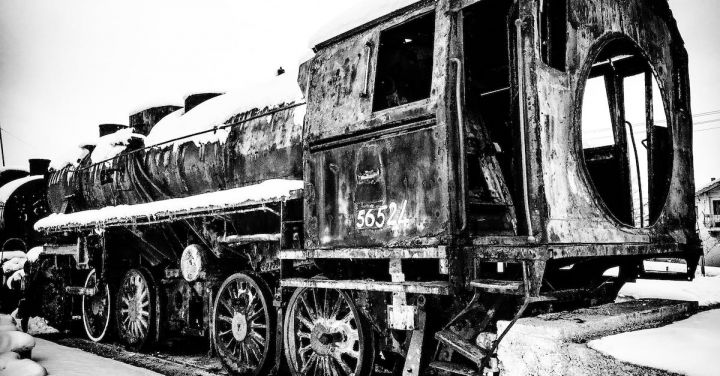The advent of military trains revolutionized warfare, forever changing the way battles were fought. These powerful machines of transportation and logistics brought about significant advancements in strategy, mobility, and the ability to sustain large-scale military operations. The impact of military trains on warfare cannot be overstated, as they played a pivotal role in shaping the outcome of numerous conflicts throughout history.
One of the most significant contributions of military trains was their ability to rapidly transport troops and supplies across vast distances. Prior to their invention, armies relied on slow and cumbersome methods of transportation, such as horse-drawn carts or marching on foot. This limited their mobility and made it difficult to rapidly deploy troops to key strategic locations. However, with the introduction of military trains, armies gained the ability to swiftly move large numbers of soldiers and equipment to wherever they were needed most.
The speed and efficiency of military trains also had a profound impact on military strategy. Generals now had the ability to quickly reinforce troops on the front lines or launch surprise attacks on enemy positions. This newfound mobility allowed for more flexible and dynamic battlefield tactics, as armies were no longer bound by the limitations of slow-moving supply lines. The element of surprise became a powerful weapon, as military trains enabled troops to be rapidly moved and deployed, catching their opponents off guard.
Moreover, military trains played a crucial role in sustaining large-scale military operations. In the past, armies often struggled to maintain a steady supply of food, ammunition, and medical resources, which severely hindered their ability to fight effectively. However, with the introduction of military trains, supply chains became more efficient and reliable. Troops could be resupplied quickly and efficiently, ensuring they had the necessary resources to continue the fight. This logistical advantage gave armies a significant edge over their adversaries and greatly increased their chances of success.
The impact of military trains on warfare can be seen in numerous historical conflicts. During the American Civil War, both Union and Confederate forces relied heavily on trains to transport troops and supplies. The Union army, with its superior rail network, was able to leverage this advantage in their favor, allowing them to effectively control and resupply their forces. Similarly, in World War I, the use of trains played a vital role in the movement of troops and supplies on the Western Front.
In addition to their logistical benefits, military trains also had a psychological impact on the battlefield. The sight and sound of a massive train barreling towards the enemy could strike fear into the hearts of even the most seasoned soldiers. This psychological advantage further cemented the importance of military trains in warfare, as they became not only a means of transportation but also a symbol of power and dominance.
In conclusion, military trains revolutionized warfare by significantly enhancing the mobility, strategy, and logistical capabilities of armies. Their ability to rapidly transport troops and supplies, combined with the element of surprise they provided, gave armies a distinct advantage on the battlefield. Furthermore, the efficient supply chains they facilitated ensured that armies could sustain large-scale operations and maintain a steady flow of resources. The impact of military trains on warfare can be seen throughout history, from the American Civil War to World War I. Their legacy as game-changers in military strategy and tactics is undeniable, forever shaping the way wars were fought.
